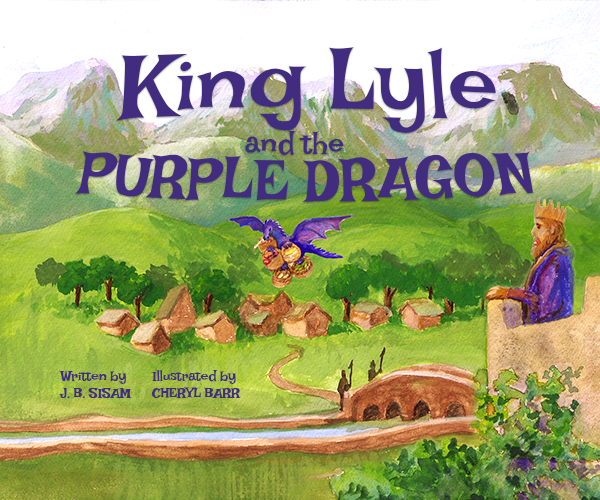On July 4, 1776 the Declaration of Independence was signed. That day became the start of the great American experiment. Our nation’s fathers understood one thing, write for future generations!
When I look at the wording in the Declaration, I see heart, passion, and tears poured into that one document. It stands as a testament to hard work, ingenuity, and dedication to the work at hand.
As writer’s and content creators, we have a solemn duty to write content that changes lives. How do you value your work? Do you pour into your writing as Thomas Jefferson did when writing our Declaration of Independence?
3 things we can learn about our writing from these men who gave their all for our nation.
1. They had a single purpose.
Freedom doesn’t come free and drafting a letter of intent to the King of England was a daunting task. That task, to convey the message that all men are created equal. They chose Thomas Jefferson for his prowess with the pen.
Before we write, we need to know what our passion is. Don’t write for the sake of writing, because our words should carry something deep into the heart of our readers. Know your purpose before you begin.
2. Thomas Jefferson used editors.
Most may not know this part in history. Though Thomas Jefferson drafted the Declaration of Independence, he was not the only one commissioned by the Continental Congress. John Adams, Benjamin Franklin, Roger Sherman, and Robert R. Livingston were all set to work together in writing the first draft.
Once Jefferson was done with his part, John Adams and Benjamin Franklin carefully edited the document–maintaining Jefferson’s voice and words–before handing it to Congress. Editing our work is a must. If we fail in this one area, we fail as an author.
I suggest having someone read your work before submitting it to a copy editor. This way, you’ll catch the easy mistakes.
3. The work was reviewed.
On June 28, 1776, John Adams and Benjamin Franklin sent their final draft to Congress for them to review. During the time of America’s Revolution from England, they needed to make their intent clear, we are seceding from the empire.This one act is a must for writers. Our work should stand on its own, but it must also stand up to scrutiny before being published.
This one act is a must for writers. Our work should stand on its own, but it must also stand up to scrutiny before being published. You may not be drafting a document as the Declaration, but you’re writing something that will alter the course of someone’s life. If you want the largest impact, have someone review your work before sending it to the printer.
We owe our independence to our forefathers. Their dedication and love for future generations drove them to do what no one else could, start a new nation. They knew we’d read their words. They knew we’d live to see what they might never see–freedom Likewise, our love for our readers should put the wind in our sails to write for future generations.
[reminder]Who are you writing for?[/reminder]


 Jason (J.B.) Sisam. Best-selling Amazon author of the Christian Early Reader book,
Jason (J.B.) Sisam. Best-selling Amazon author of the Christian Early Reader book, 










LEAVE A COMMENT HERE:
Please note: I reserve the right to delete comments that are offensive or off-topic. Also, this is a clean website, use of any language is not tolerated and your post will be deleted.